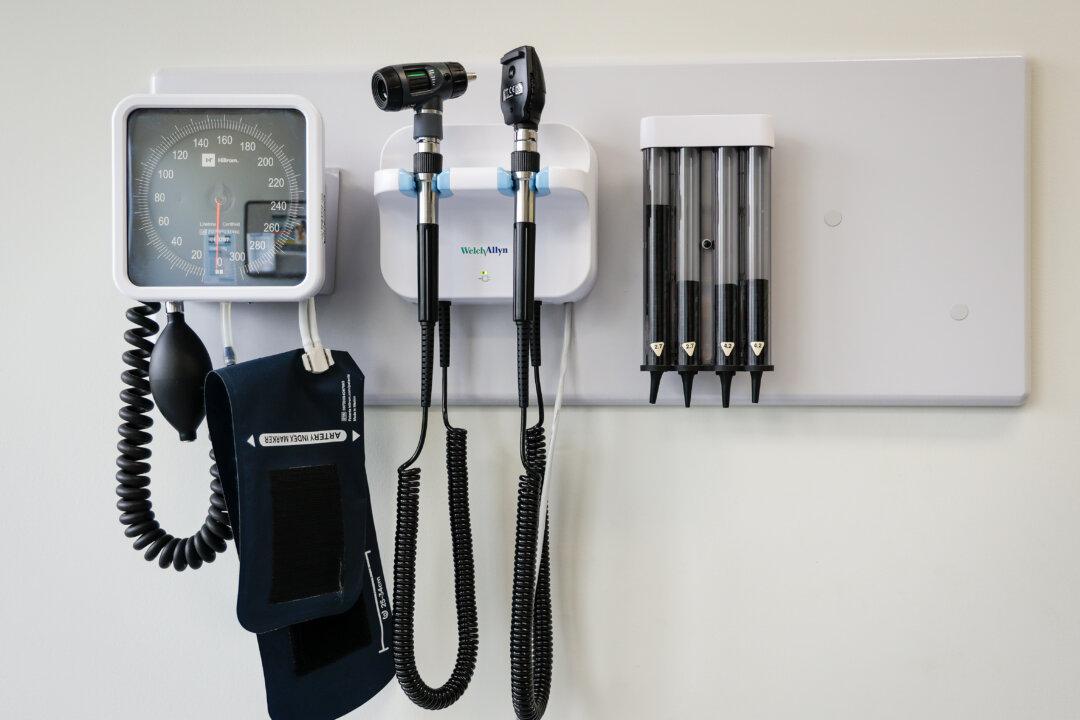The Ontario government is hoping to reduce wait times for gastrointestinal endoscopies by funding 60,000 procedures at private community clinics.
A 10-week window to submit licence applications has been announced by the province with approvals scheduled for issue in early 2025. Endoscopies include various tests to view body organs, such as a colonoscopy for examining the colon.





